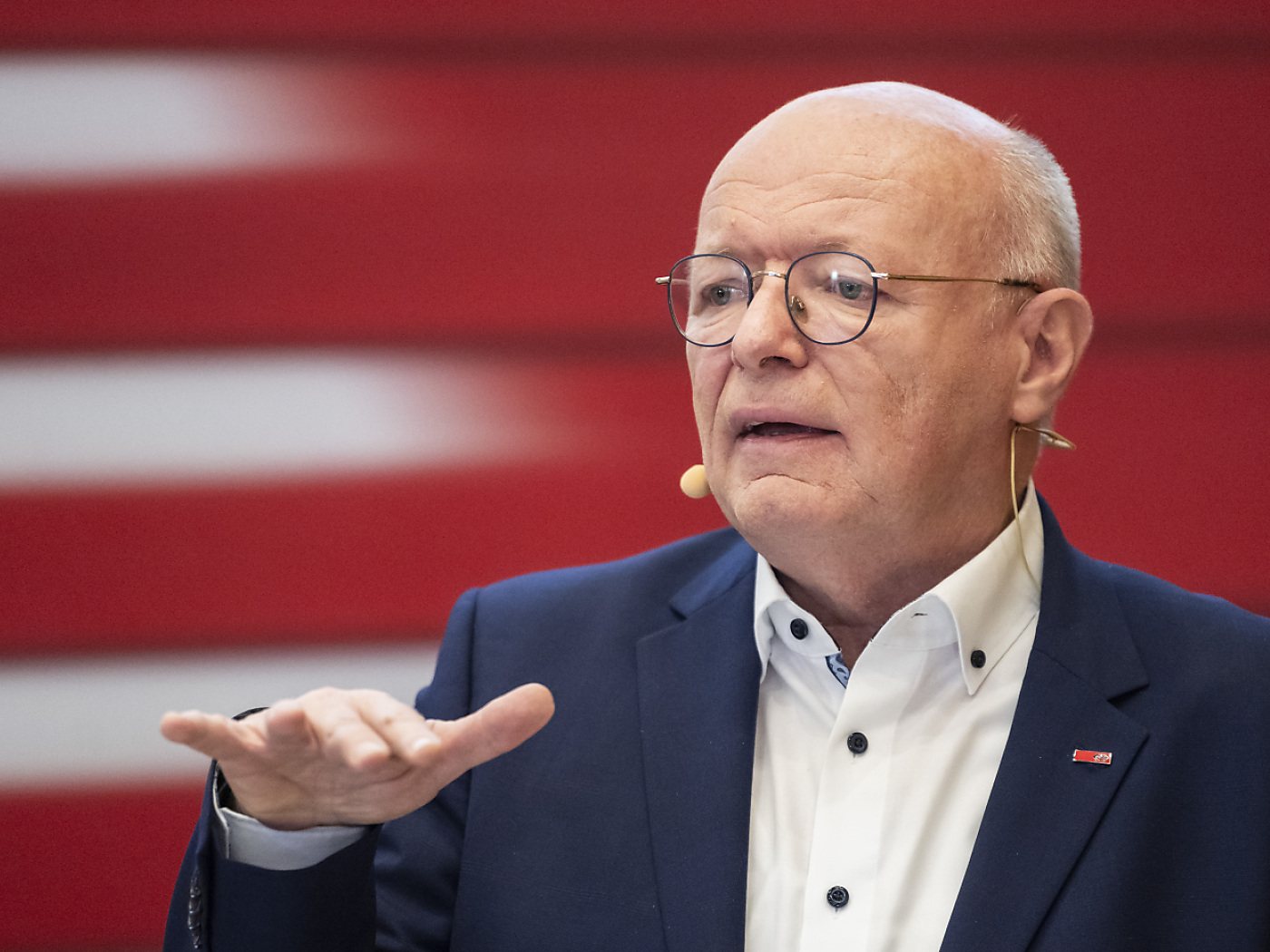
Train station closures a long-term option, says Swiss Federal Railways boss

The head of the Swiss Federal Railways, Vincent Ducrot, has not ruled out closing train stations in the long term. "It's not an issue in the short term," he said in an interview with the NZZ am Sonntag newspaper.
It is still too early to say which stations could be affected by changes, Ducrot said in the interview published on Sunday. “That will have to be decided by future generations.”
+ Get the most important news from Switzerland in your inbox
Public transport will also continue to be available from any stations that are closed. Stations that have recently been renovated or are still being renovated “will certainly remain open for the next 30 years”, said the director.
Small stations slow down the system
For Ducrot, it is clear that mobility will change in the long term. In the past, he had already called for a discussion on whether the Federal Railways should also stop at smaller stations in future. The company must set priorities. “The frequent stopping of trains slows down the system and eats up a lot of network capacity,” he said.
+ Swiss railways expansion abroad deemed not worthwhile
Ducrot called on politicians to focus on services for passengers rather than infrastructure. First, the question of where a more frequent service or a faster connection is needed must be clarified. “Then we need to look at what infrastructure is needed for which service,” he said. A typical example is the half-hourly service between Bern and Lucerne. “Unfortunately, we can’t introduce this before 2035 because the infrastructure is lacking,” he pointed out.
Quarter-hourly intervals at junctions
Ducrot also based the possible closure of stations on the needs of customers: having a train every quarter of an hour, and taking a bus to a transportation hub instead.
+ Swiss Federal Railways successfully tests remote-controlled train
“Or would the customer rather have a station 500 metres away from which a train only leaves every half hour or hour?” asked Durcot. At the beginning of the year, he had already spoken out in favour of a quarter-hourly frequency at the railroad junctions from 2035.
For the future, he would like to see a system that places less local demand on the railroad. Rail is strong over medium and long distances, he emphasised again. “But in the end, it’s the politicians who decide,” he said.
Translated from German by DeepL/gw
This news story has been written and carefully fact-checked by an external editorial team. At SWI swissinfo.ch we select the most relevant news for an international audience and use automatic translation tools such as DeepL to translate it into English. Providing you with automatically translated news gives us the time to write more in-depth articles.
If you want to know more about how we work, have a look here, if you want to learn more about how we use technology, click here, and if you have feedback on this news story please write to english@swissinfo.ch.

In compliance with the JTI standards
More: SWI swissinfo.ch certified by the Journalism Trust Initiative


























You can find an overview of ongoing debates with our journalists here . Please join us!
If you want to start a conversation about a topic raised in this article or want to report factual errors, email us at english@swissinfo.ch.